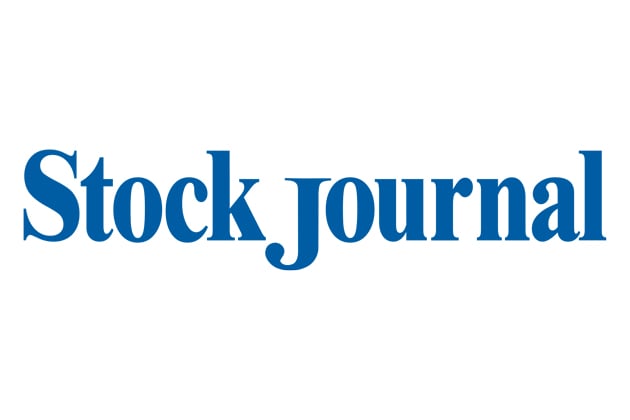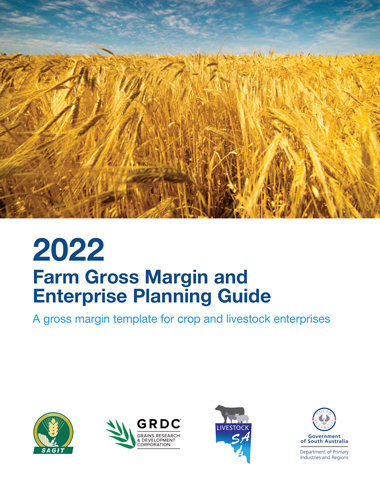Stock Journal: 5c's of Credit

Author: Chris Scheid, Moore Australia
Capacity refers to your ability to repay debt. Your bank will use past taxation financials and your cashflow projections to calculate some ‘debt serviceability’ ratios. Debt/Income (certainly less than 3.0), Interest Coverage (EBITDA/Interest, benchmark >2.0x) and Debt Service Coverage Ratio (EBITDA/Interest + Principal, benchmark >1.5x). Ratio benchmarks are bank specific and often calculated over a 3 year timeframe, so ask your Agri-Manager. Of course, if past ratios are below your banks stated benchmarks, then you are relying on delivering future cashflows to budget (or better) to improve debt serviceability benchmarks. Use your FY25 cashflows to calculate your own debt servicing benchmarks to know your position ahead of asking the question about interest rates.
Character refers to your ‘honesty’ in your business dealings and your willingness to meet business obligations? In many situations ‘character’ is documented in your credit report (a summary of your credit history) and past payment history – all records your bank holds. The old adage that past behaviour is the best predictor of future behaviour is one that lenders devoutly subscribe to. What are some examples you can describe at your bank review that demonstrate your ‘good character’?
Capital refers to personal investment into your business (your equity or ‘skin in the game’), retained earnings (if a partnership or company), and other assets controlled by the business owner.
Lenders also analyse a borrower's capital level when determining creditworthiness and view capital as an additional means to repay the debt obligation should income be interrupted while the loan is still outstanding. Banks prefer a borrower with a lot of capital because that means the borrower has some ‘skin in the game’. If the borrower's own money is involved, it gives them a sense of ownership and provides an added incentive not to default on the loan. Determine your level of capital and outline to your Agri-Manager at your upcoming review.
Collateral refers to security offered in the event that you are unable to repay the debt, the bank has the right to sell assets they hold under mortgage. Banks vary on their ‘loan to value ratio’ - the level they will lend to against ‘securitised’ assets (typically farmland) from 50% to 70%. Currently, collateral for many farm businesses should be unquestionable given that farmland prices have doubled in the last 3 or 4 years. Having said that, offering more security does not necessarily mean that your customer margin will be reduced and while your collateral says you could borrow more, your capacity to repay may say you cannot borrow more. It’s about all of the 5 Cs, not just collateral! What is your land value and your banks loan to value ratio? Are you offering more collateral than you could be to your advantage?
Conditions refer to the terms of the loan itself as well as any economic conditions that might affect the borrower (eg recession) and whether your bank is seeking more market share in the primary production sector. Conditions are perhaps the most subjective of the 5Cs of credit.







